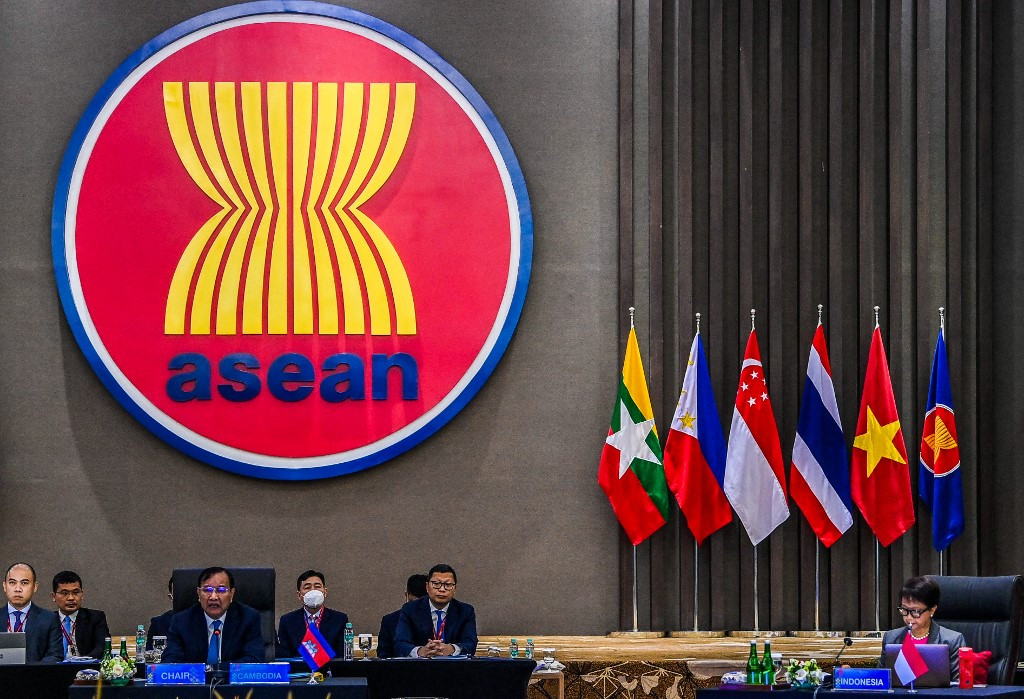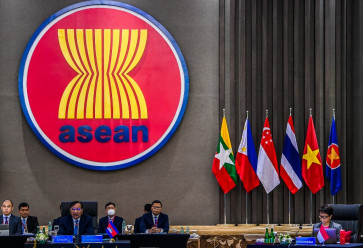Popular Reads
Top Results
Can't find what you're looking for?
View all search resultsPopular Reads
Top Results
Can't find what you're looking for?
View all search resultsReclaiming RCEP to elevate ASEAN centrality in trade
Despite its potential, there are signs that enthusiasm for the RCEP among some ASEAN countries is declining.
Change text size
Gift Premium Articles
to Anyone
N
ext week, the leaders of Southeast Asian nations will gather at the 2024 ASEAN Summit in Vientiane, which also will be attended by leaders of ASEAN dialogue partners. This summit is a chance for ASEAN to highlight its role in the region.
ASEAN has always aimed to play a key role in boosting economic cooperation, maintaining regional stability and advancing the interests of its members. With the current geopolitical shifts driven by competition between major powers, asserting this central role has never been more important.
If ASEAN fails to do so, it risks becoming a bystander while outside powers shape the region's future. Losing this central role could also lead to deeper fragmentation among ASEAN countries, as some nations might align more closely with great powers.
One of the platforms that ASEAN needs to strengthen to enhance its central role is the Regional Comprehensive Economic Partnership (RCEP), the world's largest and most ambitious trade agreement, covering 15 countries with a combined GDP of almost US$30 trillion. Initiated and led by ASEAN, the RCEP potentially positions ASEAN as a hub of economic growth, cooperation and integration in the Asia-Pacific region.
Unlike other trade agreements, the RCEP is designed with institutional support to carry out and monitor the implementation of commitments. This includes a joint committee of senior officials, regular ministerial meetings and also meetings at the leader level, in addition to secretariat support. This institutional structure allows RCEP member countries to mutually set the direction of the agreement on a regular basis and strategically to promote greater integration in the region.
Despite its potential, there are signs that enthusiasm for the RCEP among some ASEAN countries is declining. Indonesia, which first pushed for the RCEP talks in 2011, only started implementing the agreement in early 2023 after long debates at the House of Representatives.
Concerns loomed back then that the agreement might increase imports while many local businesses were not ready to face new competition or have the capacity to join global value chains. The Philippines faced similar challenges, making the agreement effective only in July 2023.



















